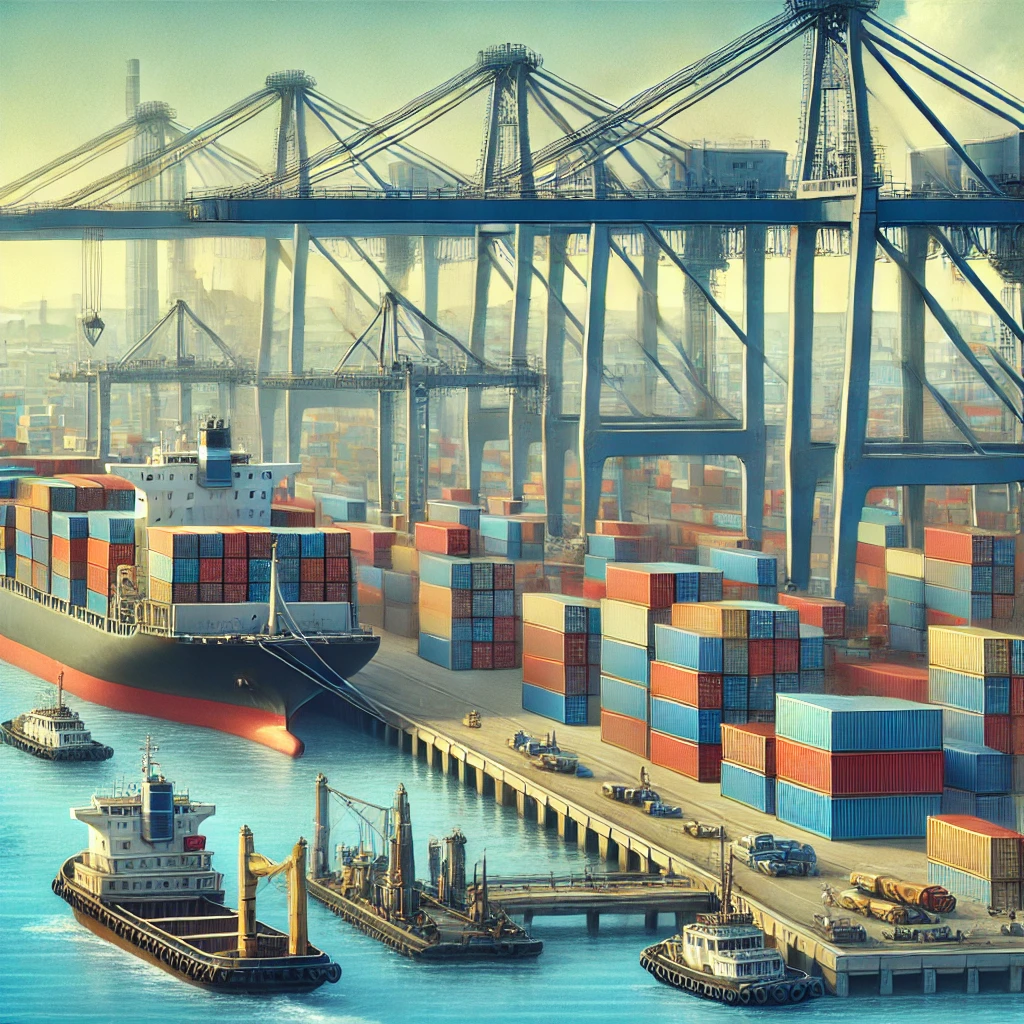What Is CIF Meaning and Why Does It Matter?

What Does CIF Mean?
CIF refers to a contractual term used in shipping agreements where the seller is responsible for the cost, insurance, and freight to a destination port. Under CIF terms, the seller is responsible for paying the costs of goods, transportation to the port of destination, and insurance to protect the cargo while in transit. However, once the goods reach the destination port, the buyer assumes responsibility for customs duties, taxes, and further transport.

Key Features of CIF:
- Cost: The seller is responsible for all costs associated with the goods, including production and transportation up to the destination port.
- Insurance: The seller must secure insurance coverage for the goods during transport, ensuring they are protected in case of damage or loss.
- Freight: The seller arranges and pays for the freight charges to transport the goods to the destination port.
- Transfer of Risk: The risk of damage or loss of goods transfers to the buyer once the goods have been loaded onto the ship at the departure port.
Why Does CIF Matter for Businesses?
For businesses engaged in international trade, CIF can provide clarity and define the financial responsibilities of both parties. Understanding CIF is essential for:
- Risk Management: Since the seller assumes responsibility for insurance during transit, it provides an added layer of security for buyers.
- Cost Transparency: Businesses can better estimate total shipping costs, including the cost of goods, freight, and insurance.
- Customs and Compliance: Clear definitions of buyer and seller responsibilities help in navigating customs procedures and compliance requirements.

CIF vs. Other Incoterms:
CIF is one of many Incoterms used in international trade. It’s often compared with other terms such as FOB (Free on Board) or EXW (Ex Works). Understanding the differences between these terms is vital, as it impacts the overall cost structure and the distribution of risk in international trade. For instance, with CIF, the seller carries more risk and responsibility than with FOB, where the buyer assumes more responsibility after the goods are loaded.
When to Use CIF?
CIF is most commonly used when the buyer and seller have a clear understanding of the destination port and when the seller can arrange insurance for the goods in transit. It is ideal when the buyer wants to minimize risk during shipping, as the seller bears the burden of providing insurance.

Conclusion:
Understanding CIF (Cost, Insurance, and Freight) is essential for businesses involved in international trade. It helps companies navigate shipping costs, risk management, and logistics planning. Whether you are a seller or a buyer, knowing how CIF works can save time, minimize misunderstandings, and optimize the shipping process for both parties.
